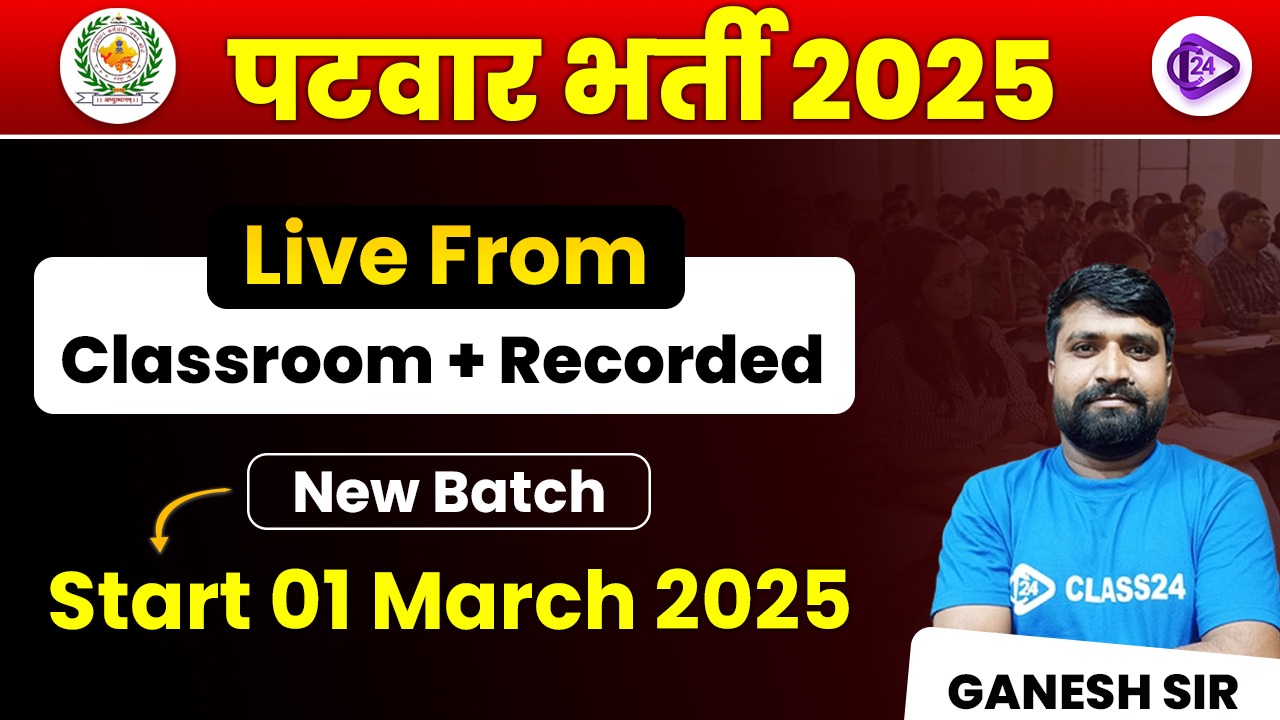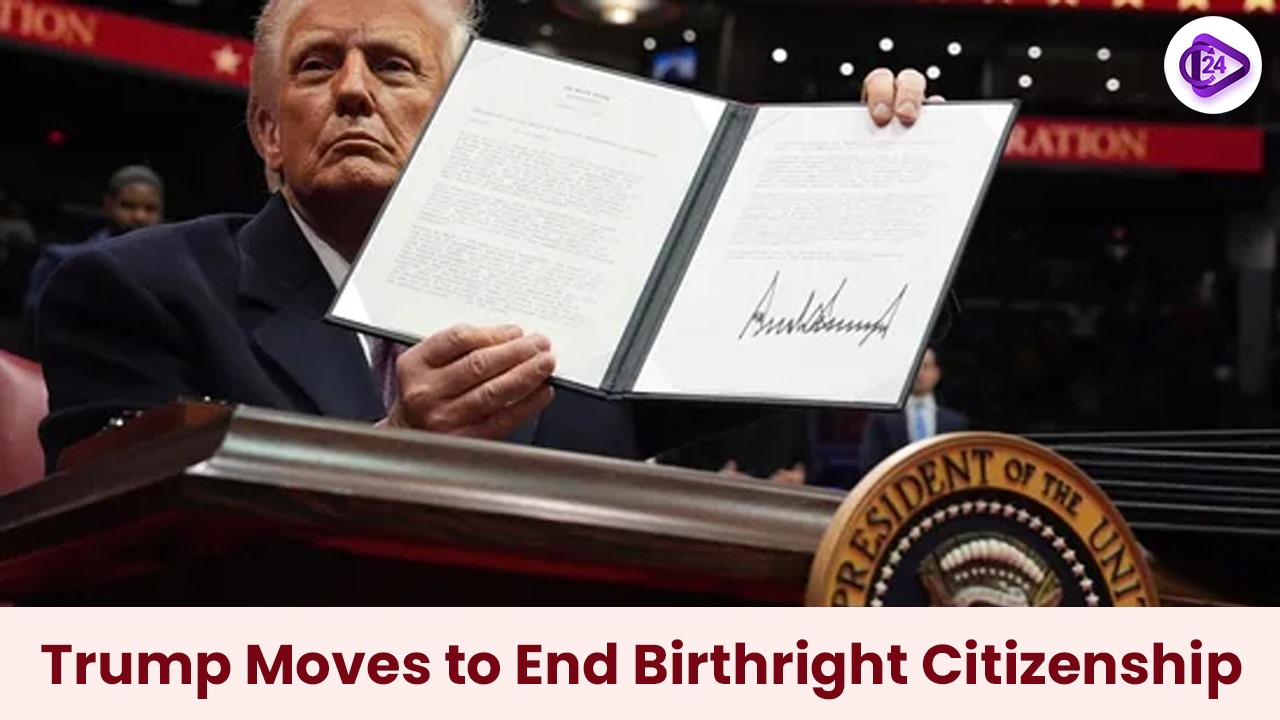
Donald Trump used his presidential powers on January 20, 2025, to sign an executive order pulling birthright citizenship from children born in America if their parents lack legal immigration status. Over the next 30 days, the Trump administration's executive order changes how we apply the 14th Amendment, impacting many families with Indian residents currently living in the US.
Key Changes
-
New Definition: The executive order says only children whose parents are U.S. citizens, legal residents, or in the military can get U.S. citizenship.
-
Non-Citizens: When immigrants live illegally in the U.S. or come for a short time only, their children will not automatically become American citizens.
-
Effective Date: The new rules will start 30 days from today and won't affect citizenship decisions made before that.
Impact on Indian Nationals
-
Mainly focused on countries where many people come to the U.S. illegally, India falls in this category of priority nations. In the U.S., Indian parents and workers on H-1B visas or waiting for green cards will have their children lose their right to automatic citizenship.
-
Green Card Delays: This rule may make the current problem of long waiting times for green cards from India even worse.
Legal Challenges
Groups fighting for immigrant rights have sued the government for why their proposal goes against longstanding American law and violates a key part of the Constitution that makes everyone born in America their country's citizen.
Historical Context
-
The 14th Amendment (from 1868) gives babies born in America automatic citizenship and an 1898 Supreme Court decision says this is the correct way to read the law.
-
Opponents say that U.S. citizens have taken advantage of citizenship rules by moving to the country just to give birth and gain citizenship for foreign-born children.
What Stays the Same
-
Children born in America before the law takes effect will keep their U.S. citizenship.
-
Even after the law change, children whose parents are American citizens or holders of green cards, or who are military personnel, will still be able to claim U.S. citizenship.
Impact on India
-
Citizenship Issues for Children: Indians who come to the U.S. on H-1B, student, or temporary visas won't have their children automatically become U.S. citizens at birth anymore.
-
Increased Green Card Delays: The new rule could make India's already lengthy green card waiting period worse, breaking up families longer and making their future in the US hang in more doubt.
-
Impact on Birth Tourism: The new rule stops U.S.-born babies from automatically getting citizenship if their mothers seek maternity care in America from India.
-
The strain on India-U.S. Relations: The different immigration rules will damage India's good relations with America, making life harder for the many Indian-born people living in the United States.
-
Discouraging Skilled Professionals: Skilled Indians will think twice about moving to or working in the U.S. if they're not sure where their family members will stand in terms of citizenship status, which hurts Indian talent selection.
-
Influence on Migration Decisions: When the U.S. changes how family members can get American citizenship, Indians planning to move there must think harder about their immigration path because their family's situation will be more confusing.
Conclusion
The decision to stop giving birthright citizenship impacts Indian families deeply who either work or study here on temporary visas. U.S. immigration policies related to birthright citizenship create uncertainties for Indian immigrants who must worry about waiting longer for green cards while family reunification becomes harder and there's increased pressure to send their children to the U.S. to give them citizenship. Since this policy comes at a time when many Indians live in the U.S., it may make it harder for our countries to stay friendly with each other. The new ruling could also make many smart Indian professionals choose to stay in their own country rather than move to the U.S., which may change how India sends out its best minds.



 What Were The Reasons That Led To The Arrest Of Ex-Philippine President Rodrigo Duterte?
What Were The Reasons That Led To The Arrest Of Ex-Philippine President Rodrigo Duterte?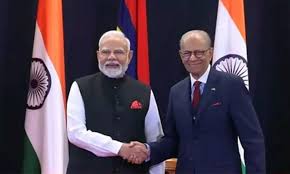 India-Mauritius Relations: Strengthening Strategic and Cultural Ties
India-Mauritius Relations: Strengthening Strategic and Cultural Ties India’s Growing Economic Footprint in Dubai: A New Era of Bilateral Ties
India’s Growing Economic Footprint in Dubai: A New Era of Bilateral Ties New Delhi to Host 20-Nation Security Meet: Key Agendas and Implications
New Delhi to Host 20-Nation Security Meet: Key Agendas and Implications India's Legacy in UN Peacekeeping: Leadership, Commitment, and Sacrifice
India's Legacy in UN Peacekeeping: Leadership, Commitment, and Sacrifice India- Belgium’s Defence Cooperation in Indo-Pacific region
India- Belgium’s Defence Cooperation in Indo-Pacific region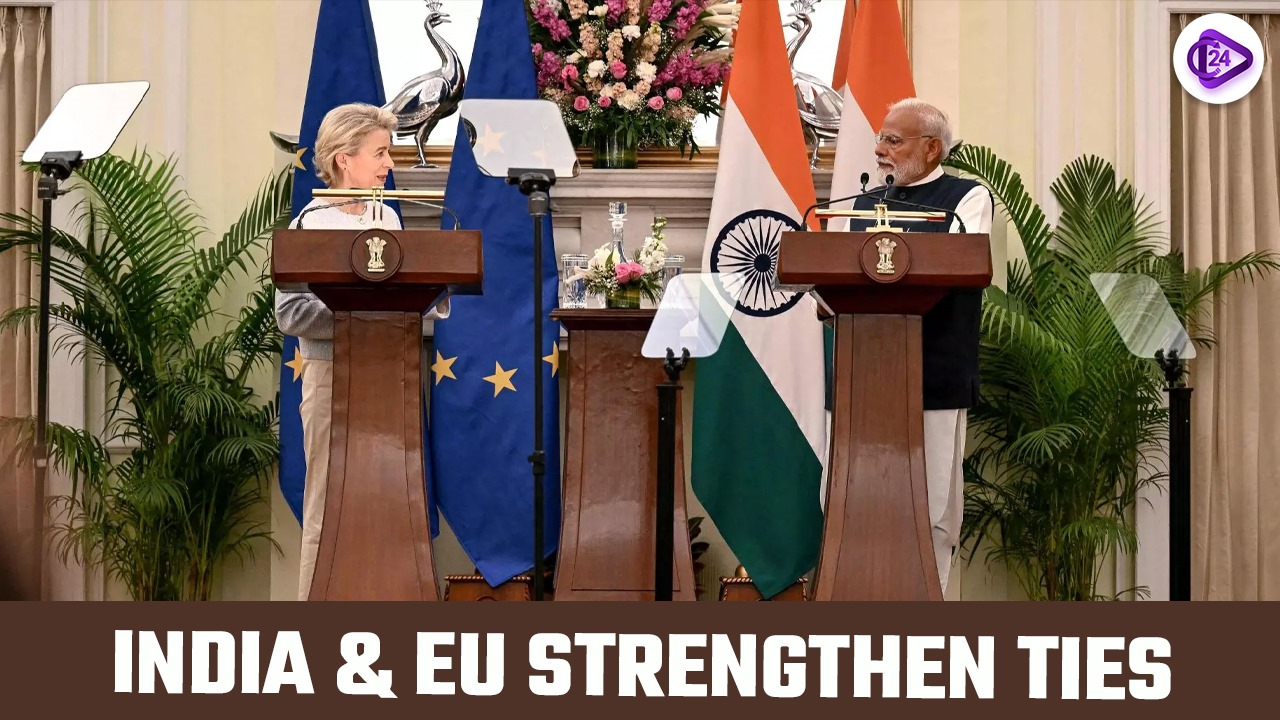 EU and India: Strengthening Ties Amidst Global Shifts
EU and India: Strengthening Ties Amidst Global Shifts Bhutan’s Strategic Role in India’s Regional Diplomacy: Budget 2025-26 Insights
Bhutan’s Strategic Role in India’s Regional Diplomacy: Budget 2025-26 Insights Blue Ghost Lunar Landing: Firefly Aerospace’s Historic Moon Mission
Blue Ghost Lunar Landing: Firefly Aerospace’s Historic Moon Mission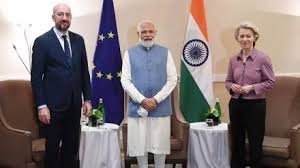 India-EU Strategic Partnership: Advancing Trade, Security, and Economic Cooperation
India-EU Strategic Partnership: Advancing Trade, Security, and Economic Cooperation